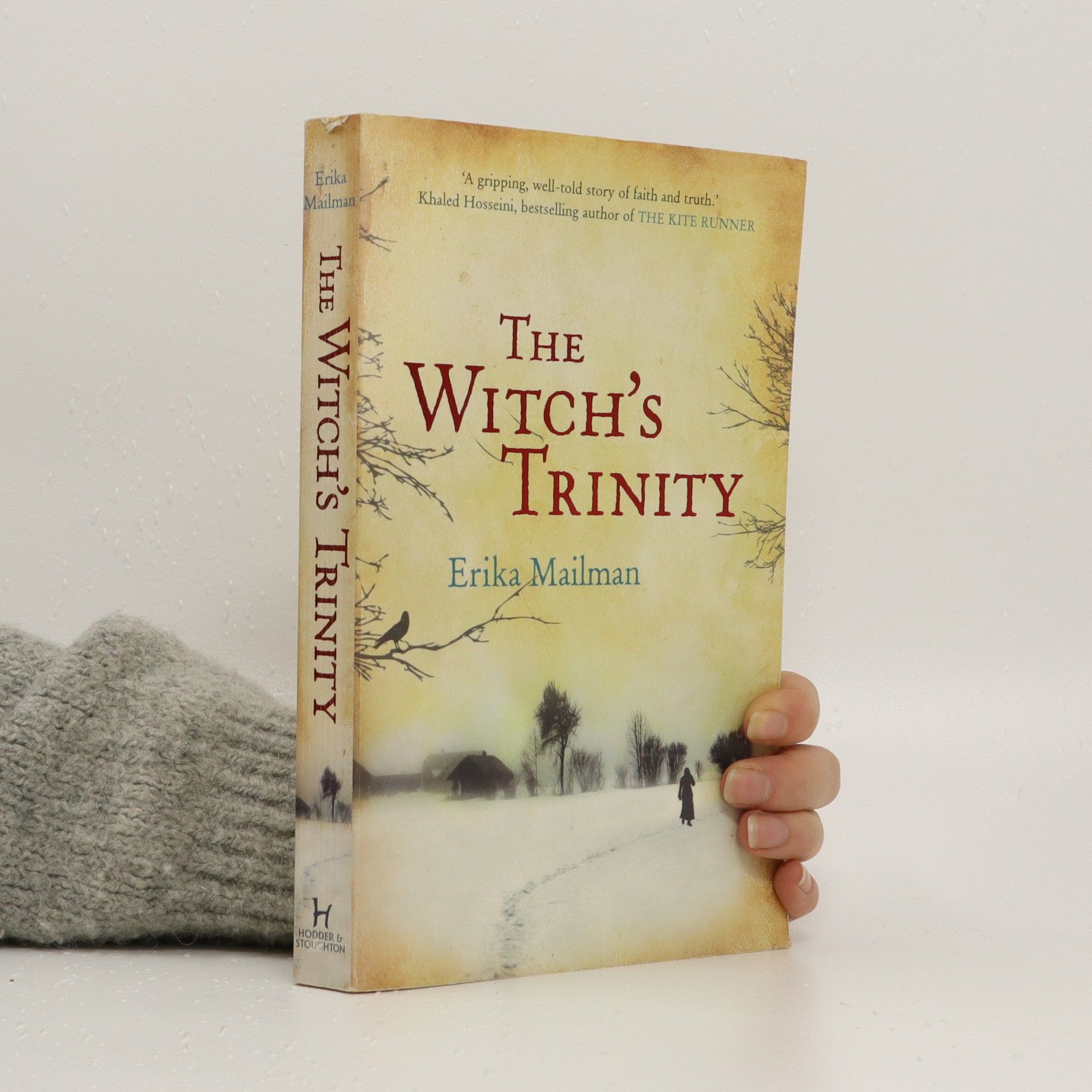"A gripping, well-told story of faith and truth." --Khaled Hosseini, bestselling author of "The Kite Runner" "A disturbingly effective historical novel." --"Boston Globe" "Beautifully written, nary a word out of place, and with a few moments that throw you beyond--the way good books do ... deeply satisfying." --"San Francisco Chronicle" "San Francisco Chronicle" Notable Book of 2007 The year is 1507, and severe famine strikes a small town in Germany. A friar arrives from a large city, claiming that the town is under the spell of witches in league with the devil. He brings with him a book called the Malleus Maleficarum--"The Witch's Hammer." It is a guide to gaining confessions of witchcraft. The friar promises he will identify the guilty woman who has brought God's anger upon the town, burn her, and restore bounty. The elderly Gude Muller suffers stark and frightening visions; none in the village knows this, and Gude herself worries that the sharpness of her mind has begun to fade. Yet of one thing she is absolutely certain: She has become an object of scorn and a burden to her son's wife. In these desperate times, her daughter-in-law would prefer one less hungry mouth at the family table. As the friar turns his eye on each member of the tiny community, Gude dreads what her daughter-in-law might say to win his favor, and that her secret visions will be revealed.
Erika Mailman Books
Erika Mailman excels at crafting narratives that delve into the psychological depths of women caught within tumultuous historical contexts, often exploring themes of societal judgment and hidden truths. Her writing is characterized by a rich, atmospheric style that immerses readers in the past, meticulously researched and vividly rendered. Mailman has a unique talent for re-examining well-known events through the eyes of marginalized characters, revealing their complex motivations and experiences. She brings a compelling, often haunting, perspective to her stories, challenging readers to consider the intricacies of guilt, innocence, and the stories left untold.


Oakland Hills
- 130 pages
- 5 hours of reading
The narrative explores the transformation of the Oakland hills, once traversed by the Huchiun people, into a developed suburban landscape. Following the 1829 land grant to Mexican soldier Luis Maria Peralta, settlers began to exploit the area's natural resources, leading to significant changes. The hills, previously a retreat for poet Joaquin Miller, became targets for developers as transportation improved. Despite the devastation of the 1991 firestorm, the hills now embody a serene beauty, serving as a picturesque backdrop for the city of Oakland.